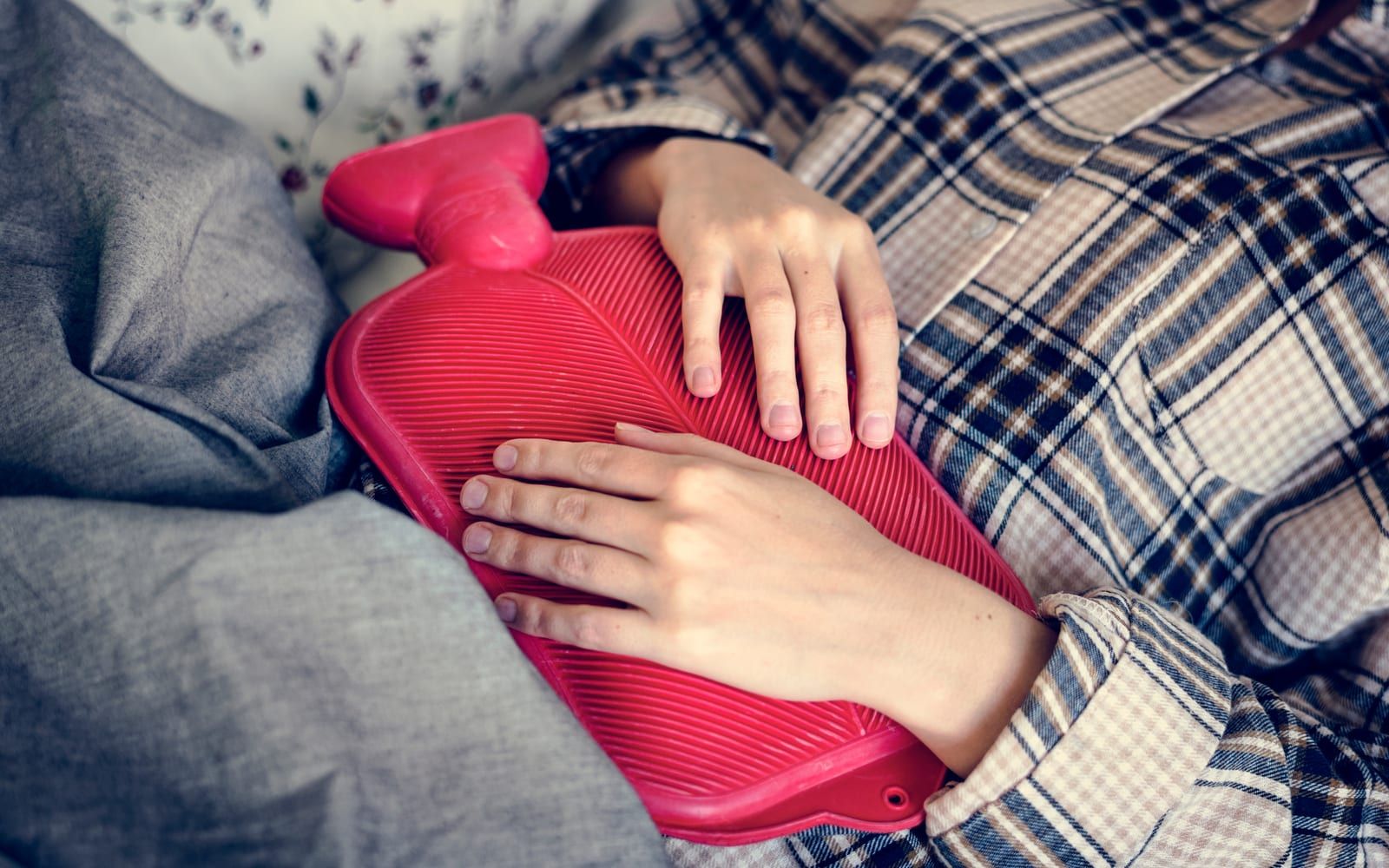When it’s cold outside, there’s no better place than staying in bed. Periods, on the other hand, can make sleep quite tough, especially when symptoms such as cramps, bloating, and back pain decides to kick it up a notch and tear up your insides. All that extra tossing and turning can destroy your sleep cycle, but why do periods affect sleep so much? How are periods and sleep connected? For us, we know that periods are more than just your head and that scientific studies are proving the relation between your menstruation cycle and your lack of a sleep schedule.
How Do Periods Affect Sleep Cycles
Your menstruation cycle is fully affected by your hormonal changes, especially during the first few days of your period. These changes in hormones due to the breakdown of the uterine lining can cause rapid symptomatic changes, including changes in core body temperature and circadian rhythm. According to reports from the International Journal of Endocrinology, sleep disruptions often occur during the luteal phase. When the egg disintegrates and hormones such as progesterone become more prevalent, PMS symptoms such as feeling bloated, breast soreness, and mood changes. This sleep disruption occurs more heavily in women than in men due to the sleep-wake cycle’s connection with the brain’s key arousal and sleep centers.
As cortisol and melatonin hormones control sleep, melatonin levels specifically correlate with body temperature across a 24-hour day, decreasing blood flow and decreasing core body temperature to prepare for sleep. However, when the menstruation cycle hits, the sex steroid hormones such as estrogen and progesterone increase in core body temperature, disrupting the circadian rhythm and increased sweating, vascular blood flow, and other biological systems that affect sleep.
Ways to Sleep Better On Your Period
If you’re heading off to bed with aching cramps, there are many tips that you can do to help reduce the effects of your cramps, your core body temperature, and pain levels before sleep. Here’s what we suggest:
- Cool off your core temperature – Cooling off your core body temperature by turning on the A/C, taking a cool shower, or eating foods high in water content can help cool you off before you settle into bed.
- Cut down on caffeine – By reducing the amount of caffeine, you can reduce energy levels and allow yourself to feel more tired before bed.
- Get plenty of outdoor light – Taking the time to walk outside during the day can help reset your circadian rhythm and help regulate your body’s sleep cycle better.
- Practice yoga before bed – Yoga is a low impact exercise that can help relieve cramps by stretching out the muscles and relax them.
- Sleep in the fetal position – Sleeping in positions that put less pressure along the back can help reduce pressure along the uterine wall.
- Take pain medication – Over-the-counter pain medications such as ibuprofen and acetaminophen can reduce the blood vessels’ vascular constriction and reduce pain levels during sleep.
By going with the flow, you can reduce your struggles during sleep and help manage your menstrual cycles better. If you’re experiencing PMS symptoms affecting your daily activities, speak with your gynecologist or healthcare professional about your symptoms.


